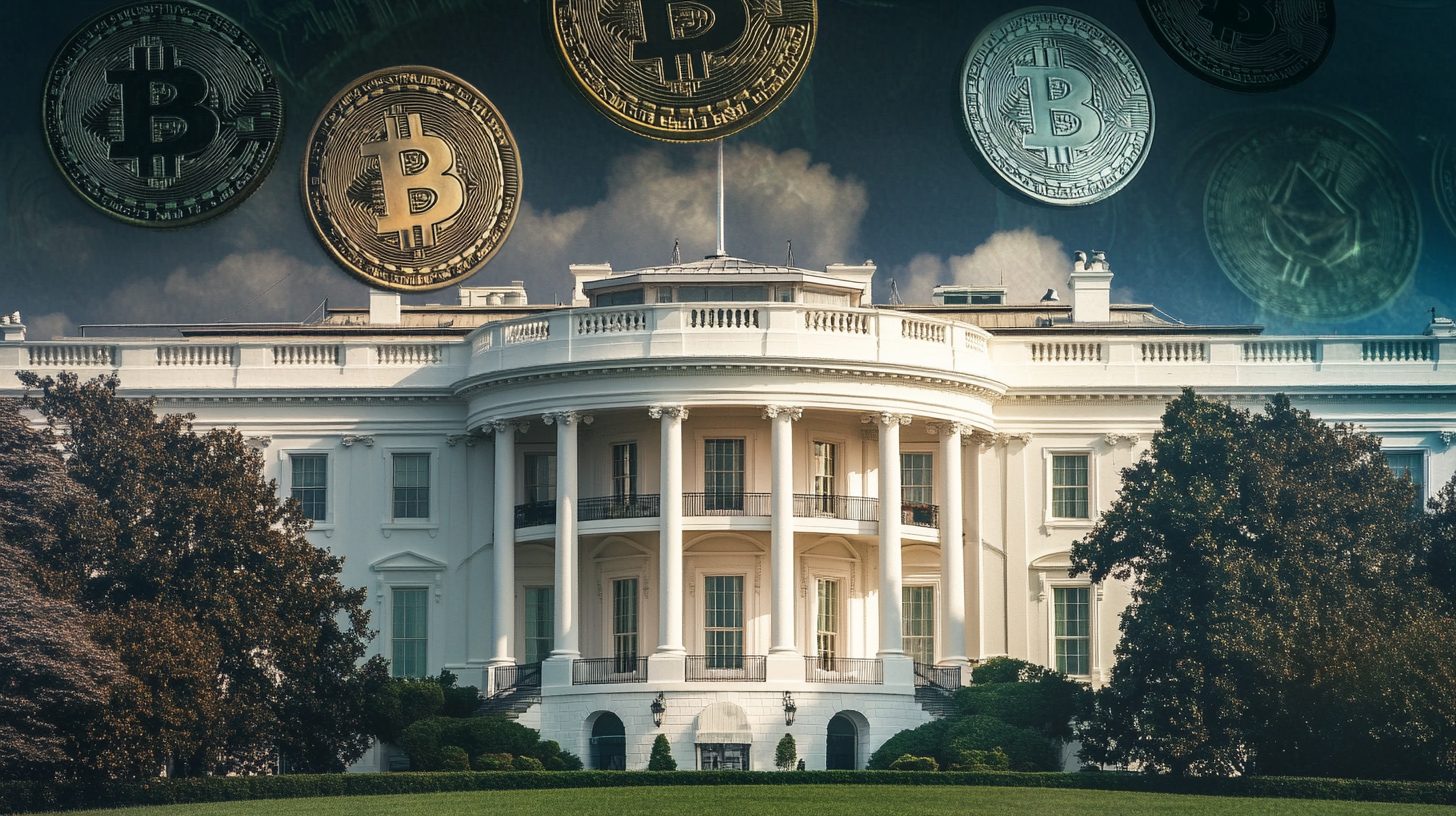dYdX Snaps Up Telegram Trading App That Hit $1B Volume in Under a Year
Key Takeaways:
- dYdX has acquired Telegram-native app Pocket Protector.
- Co-founders Eddie Zhang and Kaiser Kinbote will join dYdX as President and Head of Growth.
- Messaging-integrated trading is emerging as a frictionless gateway to DeFi, especially in markets with limited access to desktop platforms.
dYdX has acquired Pocket Protector, a Telegram-native trading app, to expand its product suite and accelerate growth.
According to a statement published by dYdX founder Antonio Juliano on July 16, Pocket Protector’s team will join dYdX Trading Inc. as part of the deal, including co-founders Eddie Zhang and Kaiser Kinbote, who will take on the roles of President and Head of Growth, respectively.
Pocket Protector’s Developers to Join dYdX
The acquisition follows the rapid growth of Pocket Protector’s app, which drew 50,000 users and reached $1 billion in annualized trading volume in under a year.
“Eddie will help lead our core team’s day-to-day execution and drive our broader product and go-to-market strategy,” Juliano wrote. “Kaiser will focus on growth, bringing clarity to what matters, and pushing us to operate faster and smarter.”
Pocket Protector’s core features, including Telegram-based perps and spot trading, will be incorporated into dYdX’s main platform. Juliano said the team is already working to adapt parts of the bot’s functionality.
A four-person engineering team at Pocket Protector will also be integrated into dYdX’s product and engineering divisions.
Juliano credited Zhang’s experience leading early Messenger development at Meta and launching consumer-facing products with shaping his decision. “He has strong product instincts, a track record of execution, and a rare ability to zoom between strategy and details,” he wrote.
From Infrastructure to Users
dYdX has now positioned itself to scale beyond early infrastructure-building into user-facing expansion. “We’re no longer just proving the idea, we’re scaling it,” Juliano said.
He added that dYdX is hiring across research and engineering roles to support the product roadmap.
“Since then, we’ve spent years focused on 0→1,” he wrote. “Now is the moment to go from 1→n: delivering exceptional user experience, expanding the product surface area, and building the best exchange in crypto.”
Telegram-native interfaces are gaining traction across Solana and Ethereum ecosystems, where lightweight apps allow onboarding without browser-based friction. In the meantime, exchanges may increasingly compete not just on liquidity and fees but on interface flexibility, user flow, and community retention.
Integrating social tools into core trading infrastructure could become a differentiator in retail market share, especially in regions where messaging apps serve as primary financial access points.
Frequently Asked Questions (FAQs)
Yes, integrating with global messaging platforms could raise jurisdictional challenges around financial communication, user verification, and cross-border compliance.
Features like in-app alerts, shared strategies, and group trading discussions create embedded communities, increasing user engagement and reducing churn.
Yes. Similar models may expand into WhatsApp or other high-usage chat platforms, provided technical integration and local compliance frameworks align.
You May Also Like

Mastercard backs stablecoins post-GENIUS Act, but not as decentralized money

Donald Trump Signs GENIUS Act Into Law: “They Named It After Me”
